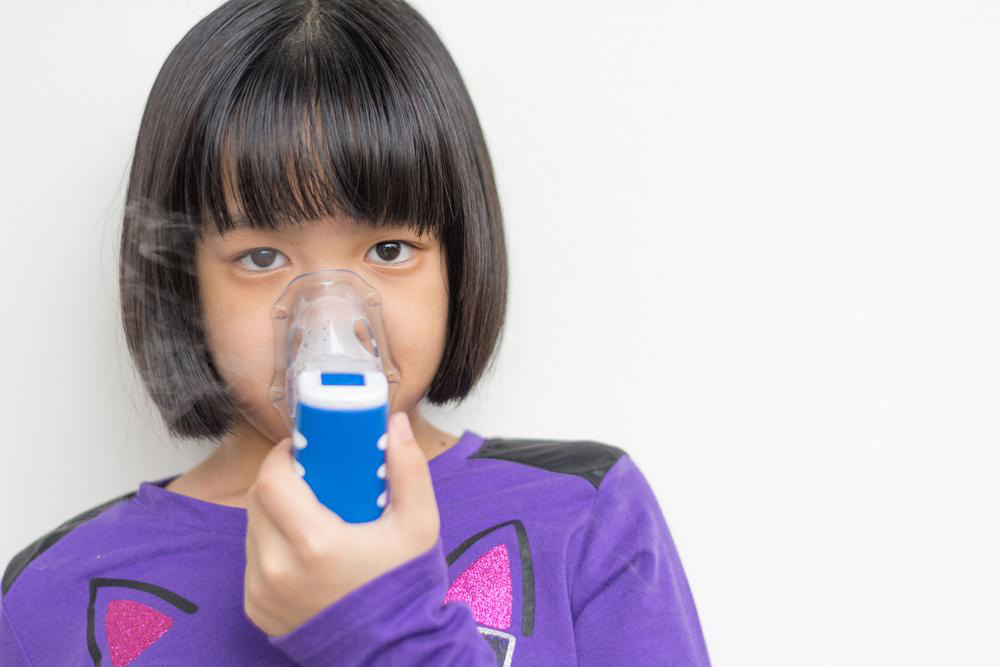What is Chronic Bronchitis?
What is Chronic Bronchitis Cough?
Bronchitis is the inflammation of the airways that carry air to your lungs. This condition irritates the bronchial tubes and thick mucus forms in them. The mucus clogs the airways making it hard for the air to reach your lungs.
Bronchitis causes a cough that is accompanied by mucus or sputum.

Symptoms Of Chronic Bronchitis
– A persistent cough that never goes away for at least 3 months
– It brings up mucus along with a cough
– Coughs are associated with wheezing or shortness of breath
– Fatigue
– Tightness in the chest
– Unusual fever that may suggest pneumonia or flu
Causes Of Chronic Bronchitis
– By far, cigarette smoking is the main cause of chronic bronchitis cough
– Toxic gases, fumes, dust and other gases can cause chronic bronchitis
– Air pollution can worsen the symptoms of chronic bronchitis
How To Prevent Chronic Bronchitis?
If you are a regular smoker, the first thing to do is to quit smoking. The smoke from tobacco causes more damage to your lungs and even cause lung cancer. If you quit smoking, you will breathe better. This will help your lungs to restore its health and also cough less. Stay away from aerosol products such as deodorants, hairspray, and spray paints. Avoid breathing in chemical fumes and dust. Use a mask to cover your nose and mouth if you are using varnish, paint, or substances with strong fumes.
When To Consult A Doctor?
When the symptoms get worse and the following issues manifest. You should consult a doctor immediately.
– Bouts of coughs with blood
– Wheezing or shortness of breath
– Have a persisting cough for more than four weeks
– Have a fever above 101 F or 38 C
Diagnoses Of Chronic Bronchitis
Your physician will first check your medical history and examine you. Then you might be recommended to do a pulmonary function test. This test will measure the working of your lungs. Your doctor may also do a chest X-ray.
Treatment For Chronic Bronchitis
Your doctor may advise you to get a pneumococcal vaccine or an annual flu vaccine. Other treatments may include steroids and bronchodilators.
It is important to see a doctor as medications will help open up the airways and clear the mucus. The doctor may recommend oxygen therapy or pulmonary rehabilitation. This depends on the severity of your condition. Smokers will have to quit smoking immediately.











